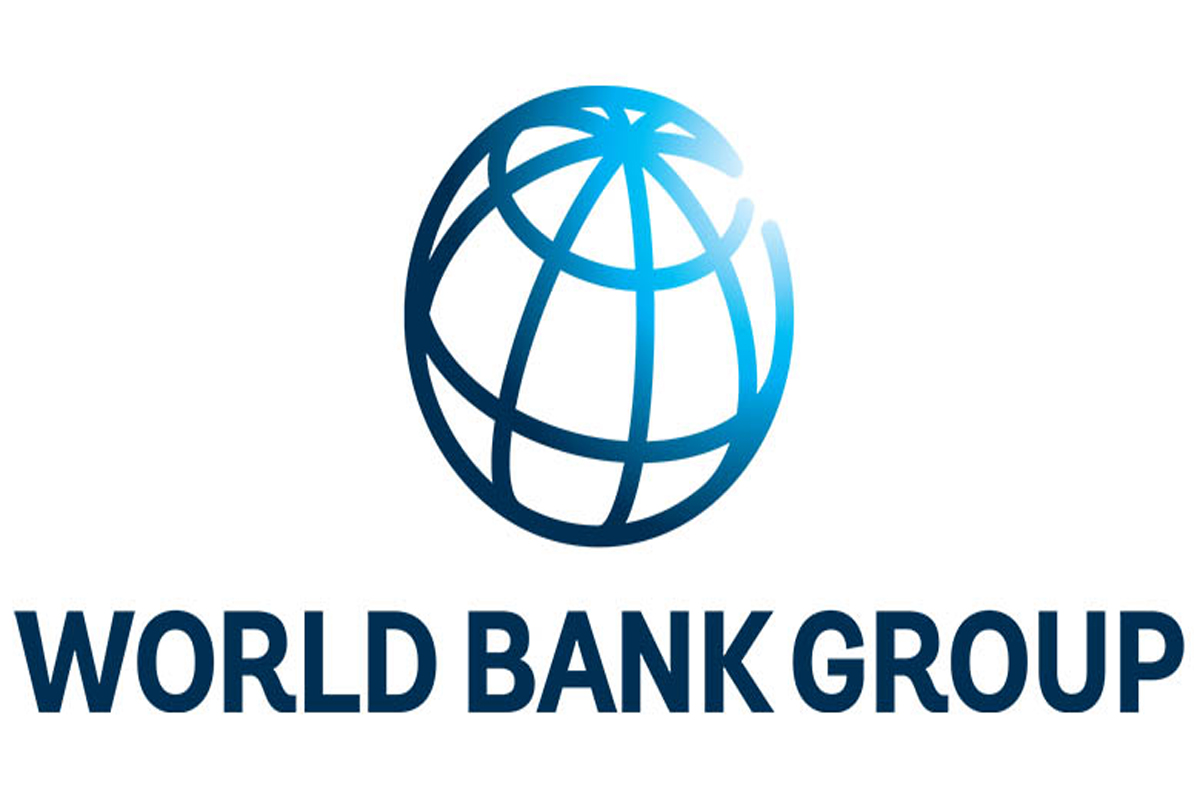The World Bank approved a $ 1 billion financial assistance to Nepal and Bangladesh on Wednesday. It is expected to substantially reduce the transport and trade costs, as also the transit time taken in the regional corridors.
The governments of both nations will now be able to address the key barriers in the way of regional trade. The finance will be channelled through the Accelerating Transport and Trade Connectivity in Eastern South Asia (ACCESS). The phase 1 ACCESS programme will soon be implemented.
Advertisement
This programme will enable both nations to bring in drastic changes in material transport and thereby boost the economy. The trade activities that will benefit from the programme include paper-based and manual trade processes, trade infrastructure, inadequate transport and restrictive trade and transport processes and regulations.
In the very first phase, ACCESS will help in reducing the manual and paper-based trade process, which however is cumbersome. Along with that, digitised automated solutions would be implemented in the countries.
This programme is aimed at a complete overhaul of the trade to enable faster and automatic border crossing of vehicles. The logistic vehicles involved in the trade activities would be fitted with electronic tracking devices and enable hi-tech functions like smart parking and electronic queuing.
The programme is also aimed at identifying crucial roads and related infrastructure and developing world-class paraphernalia. The construction activities would be climate-resilient in nature. This development is aimed at developing a better integration of the landlocked countries like Nepal and Bhutan, with the neighbouring countries of Bangladesh and India.
Hartwig Schafer, World Bank Vice President for South Asia said, “Regional trade offers enormous untapped potential for the countries of South Asia. Today, regional trade accounts for only five percent of South Asia’s total trade, while in East Asia it accounts for 50 percent. South Asia can boost economic growth significantly and create opportunities for millions of people by increasing regional trade and connectivity.”
The ACCESS Project has earmarked a sum of $753.45 million to upgrade the Sylhet-Charkai-Sheola road, from a two-lane corridor to four-lane climate-resilient road. This development would connect the Sheola Land Port directly with the Dhaka-Sylhet Highway. The overall travel time would be cut down by 30%.
Mercy Tembon, World Bank Country Director for Bangladesh and Bhutan, said, “While the trade between Bangladesh, Bhutan, India, and Nepal grew six times from 2015 to 2019, the unexploited potential for regional trade is estimated at 93 percent for Bangladesh. The project will help Bangladesh improve regional trade and transport and automation of processes will build resilience to crises like the COVID-19 pandemic.”
$275 million of the ACCESS Project in Nepal would be dedicated to upgrading of the two-lane road of Butwal-Gorusinghe-Chanauta. This road would provide easy access to India’s western seaports. Women entrepreneurs would be given special consideration and marketplaces would be developed across the roads with special allotted space for women.
Digital custom processing points would be built at Birgunj and Bhairahawa to facilitate the seamless exchange of goods and commodities. This project would also enhance Nepal’s preparedness and further implementation of the Motor Vehicle Agreement (MVA).
Information Source: https://www.worldbank.org









